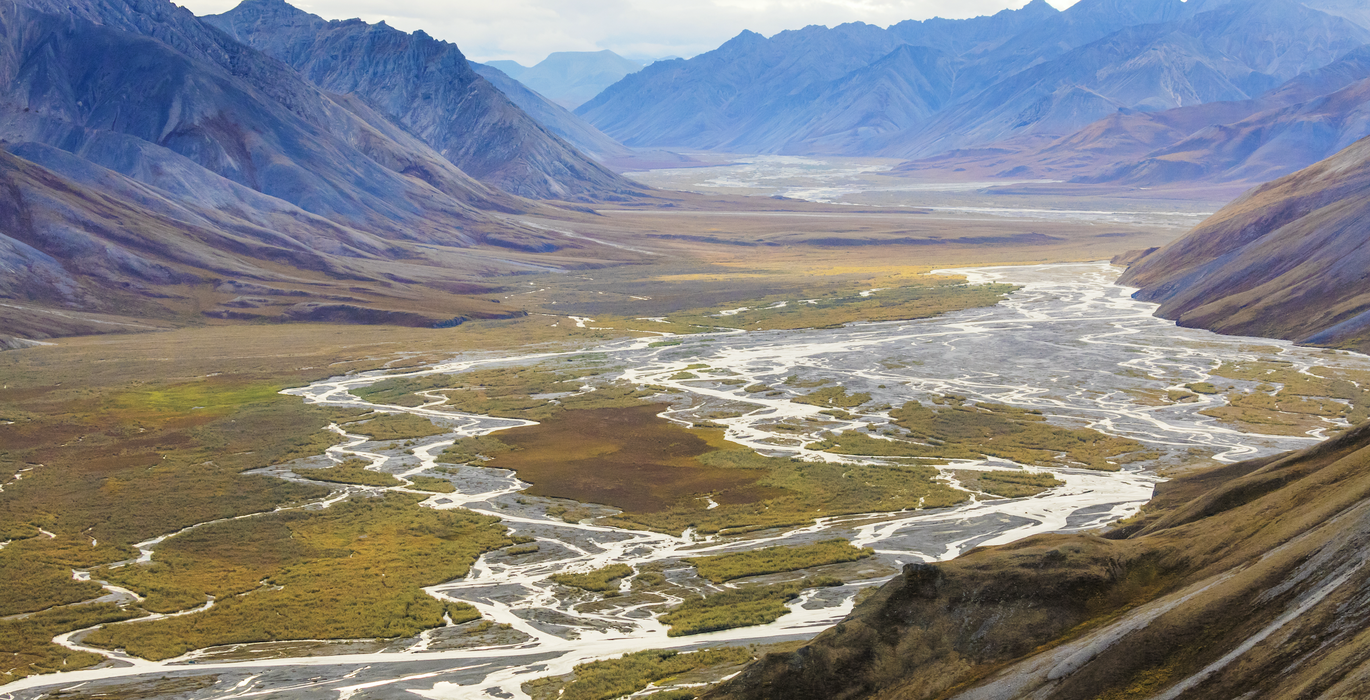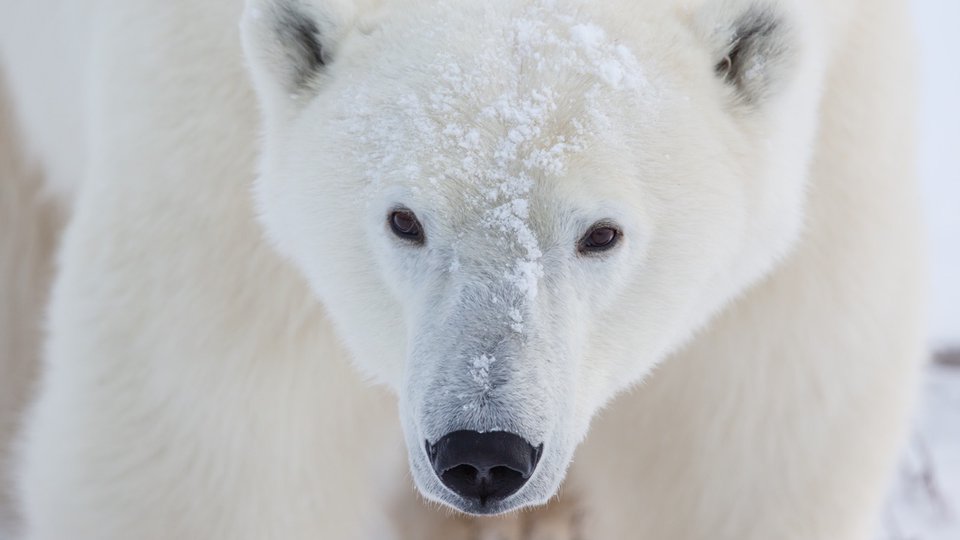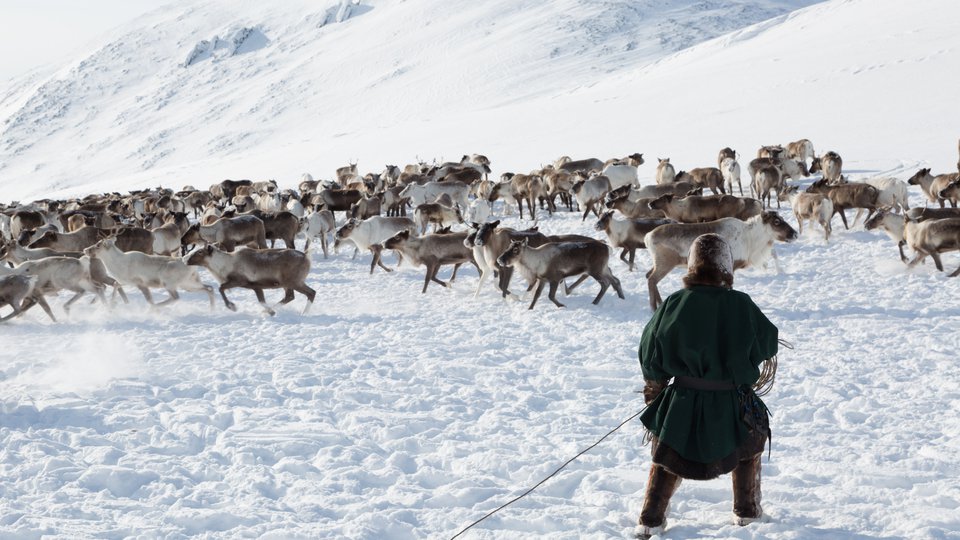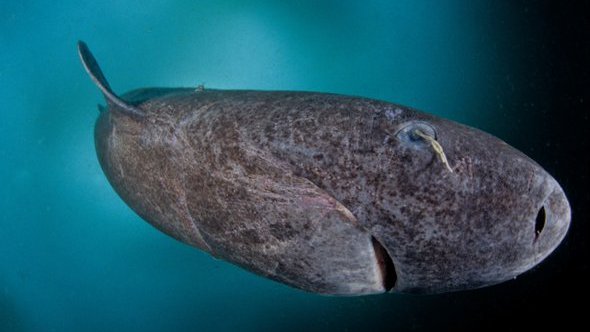
Environmentalists and Indigenous land guardians on both sides of the Yukon and Alaska border have a tense eye on US President Joe Biden’s Build Back Better Act, a massive US$1.75 trillion bill which, among other things, would restore protections to the Arctic National Wildlife Refuge (ANWR).
In 2017, then-president Donald Trump opened the the 1.5 million acre strip known as the 1002 Area – an environmentally sensitive region along ANWR's northern coast--to gas and oil exploration. In 2020, the administration pushed forward on the issue, undoing six decades of protections by allowing the sale of oil and gas leases in the area.
When Biden took office in January 2021, one of the first things his administration did was place a moratorium on drilling in the region. The act would reinstate the protections lost during the Trump administration, not only repealing gas and oil exploration permissions but promising buy-backs of leases already issued. The bill passed in the House of Representatives on November 19 with a very thin majority. It’s now before the US Senate, where it’s expected to be a tough–but not impossible–sell.
In addition to being an important and delicate habitat for a whole host of wildlife, including musk ox, polar bears and migratory seabirds, the area is home to the calving ground of the Porcupine caribou.
The Gwich’in First Nation–a far-flung First Nation whose traditional territory and members extends from the Northwest Territories into the North Yukon and Alaska–consider both the caribou and their calving ground to be sacred, referring to 1002 Area as iizhik gwats’a’t gwandaii goodlit – the Sacred Place where life begins.
Although the calving grounds themselves are located in Alaska, the Porcupine caribou are considered sacred, both as a source of traditional food, on which many Gwich'in still rely, and as a cornerstone of their culture. Although the Gwich’in are spread out across two territories and one state–and, therefore, an international border–the First Nation, as who are one people, campaigned collectively to both in Canada and the US for stronger protections for the refuge and the caribou.
“Guided by our elders and our ancestors and despite the challenges, the hard work of our Gwitchin people, our dedicated and exceptional partners prevailed as we stood firm in our truth, on strong faith and hope, we will continue to move forward with courage and purpose to accomplish, one step at a time, to protect the Calving Grounds of the Porcupine Caribou Herd and the Arctic National Wildlife Refuge, the Heart of the entire Refuge and People."
Lorraine Netro
Bernadette Demientieff of the Gwich’in Steering Committee told Alaska News Source that the Gwich’in of both Alaska and Canada are very pleased with the bill, but that the First Nation won’t stop pushing back “until permanent protections are in place.”
How much oil is thought to be contained in the refuge varies wildly depending on who you ask. A 1998 United States Geological Survey report (USGS) estimated it could anywhere between 4.3 billion and 11.8 billion, with a mean average of 7.7 billion barrels.
Experts largely agree that any industrial disturbance in the area would impact caribou calf survival rates, decreasing the overall success and numbers of the herd as a whole. Even the seismic testing used to estimate oil reserves can have negative impacts on wildlife, especially denning polar bears. In February this year a company was denied a permit to conduct just such work after failing to provide adequate protections for the animals.
Malkolm Boothroyd, campaigns coordinator for the Yukon chapter of the Canadian Parks and Wilderness Society, which has been working alongside the territory’s Old Crow-based Vuntut Gwitchin to protect the region, said the proposed Build Back Better Act would act as a “reset” to those protections” and that there is “little interest” from industry given that the initial lease sale was “a bust.
The sheer cost, however, of extracting resources from the frozen, remote region makes it especially costly, Boothroyd noted, which is something of a deterrent.
However, the area is still vulnerable to oil and gas exploration. For example, all this work could be reversed in the future by an incoming presidency–unless the area is granted the same wilderness status protection as the rest of ANWR, something which would require 60 or more US senators to agree.
“It was truly a humbling moment when I learned the news of the Bill having passed in Congress and of course the intense feeling of relief and gratitude. I felt overwhelmed at the thought of how close we now are to protecting Iishik Gwatsut Gwandaii Goodlit, the Sacred Place Where Life Begins! One more step in the process, Huge Mahsi cho (thank you) to the Biden administration,” said Lorraine Netro, an Old Crow-based Vuntut Gwitchin elder and long-time advocate for ANWR and the Porcupine Caribou.
“Guided by our elders and our ancestors and despite the challenges, the hard work of our Gwitchin people, our dedicated and exceptional partners prevailed as we stood firm in our truth, on strong faith and hope, we will continue to move forward with courage and purpose to accomplish, one step at a time, to protect the Calving Grounds of the Porcupine Caribou Herd and the Arctic National Wildlife Refuge, the Heart of the entire Refuge and People,” she added.
Republican Alaskan senator Lisa Murkowski called the proposed Build Back Better act “partisan” and “a gift to OPEC, Russia and China at the worst possible time,” in a November 19 press release.
Likewise, in the same press release Alaska Republican Senator Dan Sullivan called the move “all-out war” on Alaska’s economy.
Oil and gas makes up about 80 per cent of the state of Alaska’s revenues according to Forbes. In Oct 2021, the Alaskan unemployment rate was 6.1 per cent, versus the national rate of 4.6 per cent in the same month.





